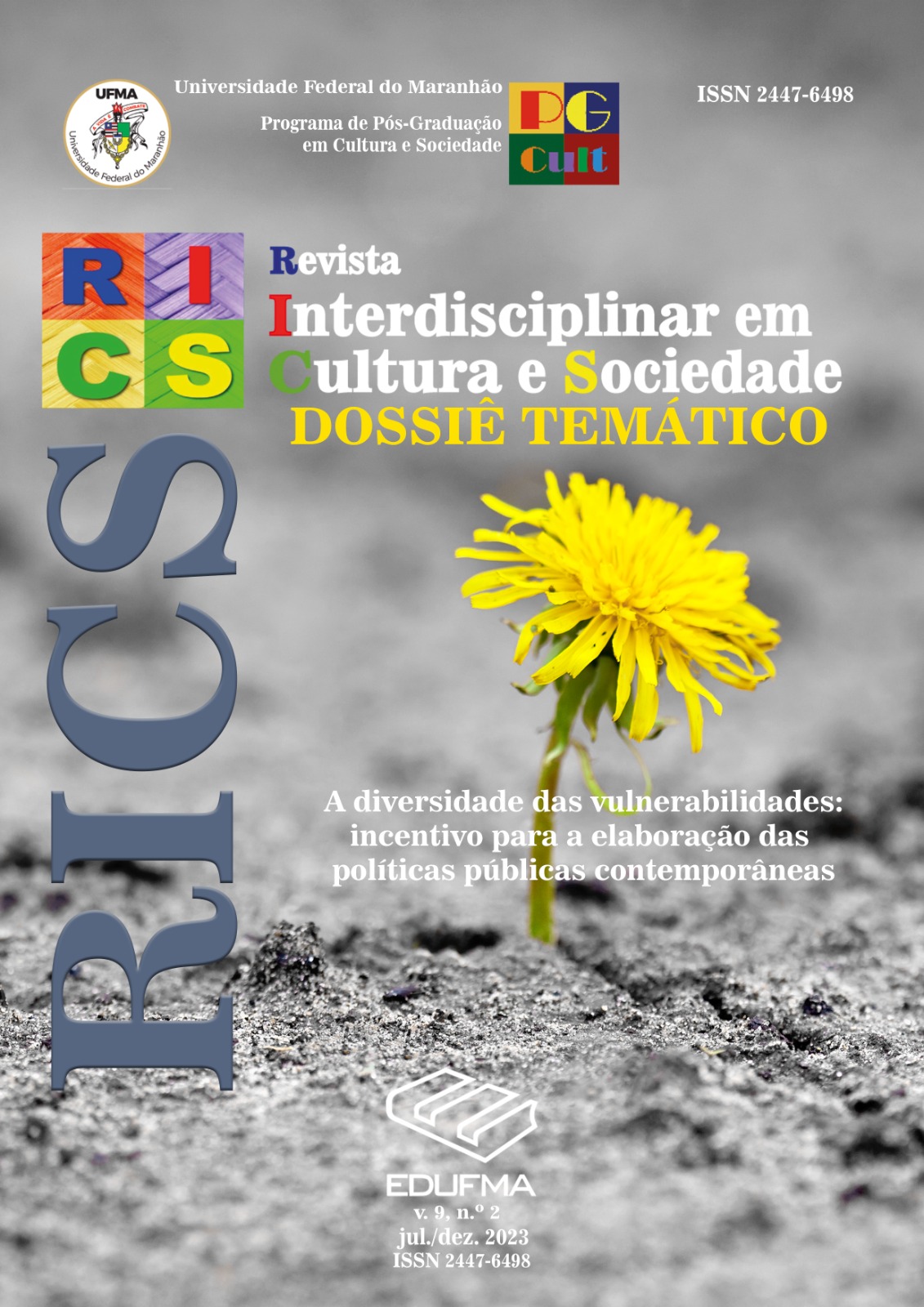Philosophy of Geopolitics: The territorial condition as wandering and radical otherness
DOI:
https://doi.org/10.18764/2447-6498.v9n2.2023.12Keywords:
Phenomenological ethics, Intentional experience, Refugees, GesturesAbstract
As I close this article, at the end of September 2023, the self-proclaimed Republic of Nagorno-Karabakh has its government dissolved by Azerbaijani separatist forces. The dissolution in question presents in a didactic way not only the geopolitical phenomenon outlined here, but also its eventual and catastrophic consequences, the precipitation of which accelerates (through the desperate wave of refugees) the presence of the territorial condition not as an expression of conventional mobility, but as an unexpected intersubjective experience from which the Other emerges as a foreigner. In an analogical sense (taken from metabolism biochemistry lesson) it can be considered that, while the geopolitical phenomenon has catabolic aspects (consequent heat dissipation and enzymatic degradation reactions), the territorial condition represents an anabolic process, whose succession of chemical reactions tends towards the synthesis of more complex molecules, and, therefore, towards the expansion of the presupposed vital drive. In this case, provided that emancipated enough to expand the circle of worldly immanence in foreign lands, the Other is the anabolic expression of latent potentialities that, with the transfer of trust, restores and tests its corresponding state of affairs.
Downloads
References
BEYDOUN, Ahmad. Le Liban: Itinéraires dans une guerre incivile. Karthala, França, 2000.
HUSSERL, E. Ideias para uma fenomenologia pura e para uma filosofia fenomenológica: introdução geral à fenomenologia pura. (Sukuzi, M. Trad.). São Paulo: Ideias & Letras, 2002.
SCHELER, Max. A posição do homem no cosmos. Rio de Janeiro: Forense Universitária, 2003.
SÉMELIN, Jacques. Purificar e Destruir: Usos políticos dos massacres e dos genocídios. Rio de Janeiro: Diefel, 2009.
SZONDI, Peter. Teoria do drama moderno (1880-1950). Título original: Theorie des modernen Dramas. Tradução: Luiz Sérgio Repa, São Paulo: Cosac & Naify Edições, 2001.
ZILIO, Meo G. El linguaje de los gestos em Uruguay, em “Boletin de filologia”, XIII, Universidade de Chile, 1961.
ZWEIG, Stefan. Momentos decisivos da humanidade. Rio de Janeiro, Editora Record, 1999.
Downloads
Published
How to Cite
Issue
Section
License
Copyright (c) 2023 Revista Interdisciplinar em Cultura e Sociedade

This work is licensed under a Creative Commons Attribution 4.0 International License.

Este trabalho está licenciado com uma Licença Creative Commons Atribuição 4.0 Internacional. Os autores da Revista Interdisciplinar em Cultura e Sociedade mantêm os direitos autorais.


















